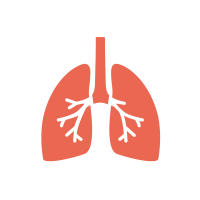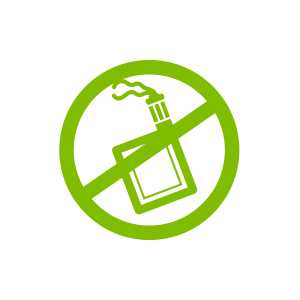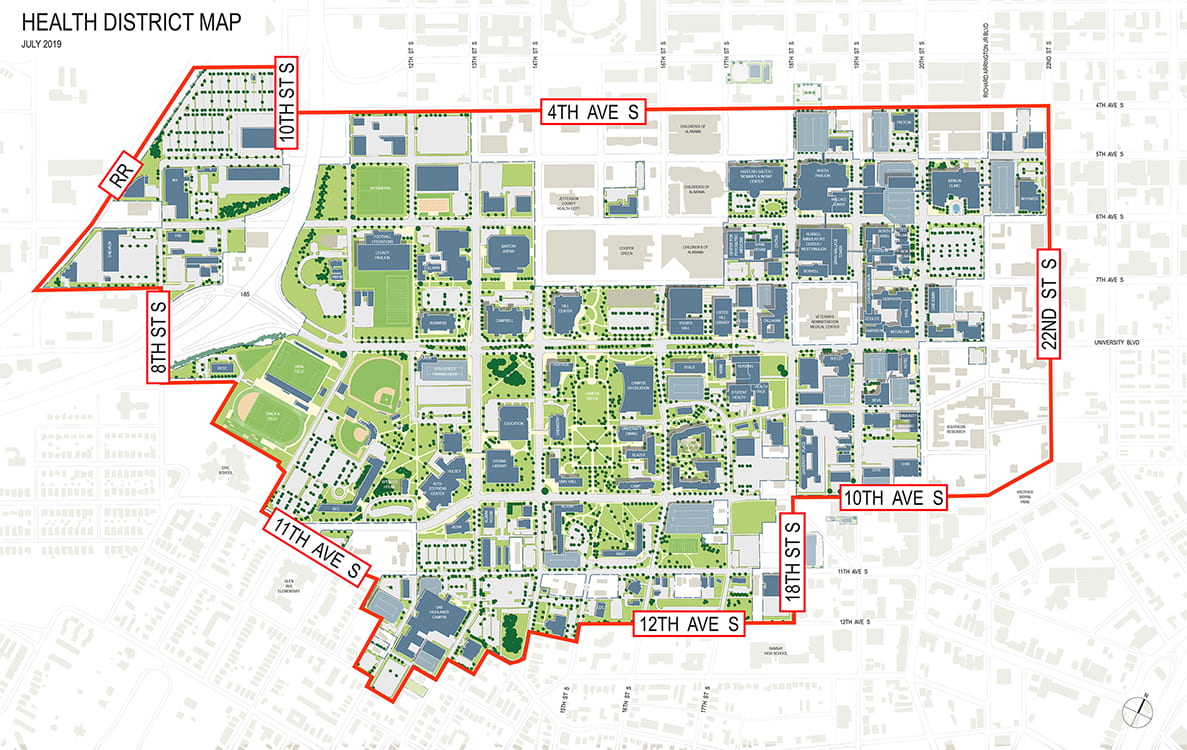-

Health
- Smoking is the leading cause of preventable death in the United States.
- Smoking hurts more than just your lungs-- it increases your risk of heart disease and stroke by 2 to 4 times and has negative effects on nearly every major organ in the body.
- Smoking has been linked to at least 12 cancers in the body. Every year, 1 in 3 cancer deaths is caused by smoking.

Financial
Using tobacco products not only takes a take a toll on your health, but also your wallet! The average smoker in Alabama would save $1,750 each year by quitting.

Social Justice/Health Equity
Tobacco use disproportionately affects racial and ethnic minorities, LGBTQIA+ and those with mental health conditions.
Tobacco industries exploit and target marginalized communities through marketing campaigns to get more users hooked on their products.
Secondhand smoke
- Smoking doesn't just impact the user, it also harms the health of those around you. There is no risk-free level of secondhand smoke exposure.
- It is estimated that secondhand smoke exposure is responsible for 34,000 heart disease deaths and 7,300 lung cancer deaths each year among U.S. adults.
- Secondhand aerosol expelled by someone who is vaping has been found to have cancer-causing agents, nicotine, and heavy metals
Citations
- https://www.cdc.gov/tobacco/data_statistics/fact_sheets/health_effects/effects_cig_smoking/index.htm
- https://www.tobaccofreekids.org/assets/factsheets/0337.pdf
- https://www.cdc.gov/tobacco/disparities/index.htm
- https://www.cdc.gov/tobacco/data_statistics/fact_sheets/secondhand_smoke/general_facts/index.htm
- https://www.cdc.gov/tobacco/basic_information/e-cigarettes/Quick-Facts-on-the-Risks-of-E-cigarettes-for-Kids-Teens-and-Young-Adults.html
-

E-Cigarettes
Vapes, e-cigarettes, JUULs, and disposable e-cigarettes are all tobacco products and most contain as much nicotine as a pack of cigarettes, if not more.
E-Cigarettes are not an FDA-approved smoking cessation device.
While vaping companies promote e-cigarettes as a way to help people quit smoking cigarettes, there is limited research to support these claims. If fact, many smokers who use e-cigarettes to try to quit, return to smoking regular cigarettes.
What we know vs. what we don’t know about their health impacts
E-cigarettes are still relatively new products, so there is still new information to learn about their harmful effects on health. However, what we do know is that e-cigarette liquid and aerosol contain heavy metals, cancer-causing agents, and other toxins harmful to both the user and those around them.
COVID-19 and Vaping
Recent research from Stanford University has shown that vaping is linked to higher rates of COVID-19 among teens and young adults compared to those who do not vape.
-

Get help quitting
If you're ready to take the first step in your journey into quitting, here are some resources available to help you do so successfully!
- Student health
- Make an appointment with Student Health to talk to a healthcare provider about quitting. They can discuss your options which may include nicotine replacement therapy or medication that could help you quit.
- 1-800-QUIT-NOW
- Call 1-800-QUITNOW to enroll in the Alabama Quitline. The quitline provides up to 8 weeks of free nicotine replacement therapy for eligible participants in addition to quit coaching over the phone.
- Counseling Services
- If stress, anxiety, or other mental and emotional factors influence your tobacco use, consider contacting UAB counseling services to schedule an appointment for mental health services and support.
-
Employee Cessation Service
- If you are a UAB employee seeking tobacco cessation support and resources, please visit the Employee Wellness website.
- Quit Start App smokefree.gov
- There are plenty of smartphone apps that help people who want to quit track their progress and provide coaching along the way. Check out the Quit Start app!
- Student health
-

Tobacco-Free policy
Since April 14, 2015, the UA Board of Trustees has passed the UAB Non-Smoking Policy. This policy has stated that the use of tobacco and smoking-related products is prohibited in all buildings, facilities, and spaces (including covered walkways and covered parking) that are owned, rented, or leased by the University.

Birmingham Health District
In 2019, UAB and 5 other organizations launched the Birmingham Health District through the support of a Birmingham City ordinance designating all streets and sidewalks as “smoke-free”
Visit the Birmingham Health District page

-
Non-Traditional Tobacco Products

Smokeless Tobacco
- Smokeless tobacco, including chewing tobacco and snuff, can have serious health effects including mouth, esophagus, and pancreatic cancer. Smokeless tobacco use can also result in tooth decay, tooth loss, and gum disease.
- Like other tobacco products, smokeless tobacco can increase your risk of heart disease and stroke.

Hookah
- Tobacco used in hookah, as well as the smoke from a hookah, contain toxic agents that can clog arteries and cause heart disease.
- Tobacco juices exposed to the mouth while using hookah can cause irritation and increase your risk of developing oral cancer.
- When tobacco in a hookah is exposed to heat from the burning charcoal, it produces a smoke that is at least as toxic as cigarette smoke.

IQOS and Heated Tobacco Products
- Heated Tobacco products, like IQOS, are also referred to as "heat-not-burn" products.
- IQOS and Heated Tobacco Products are considered tobacco products and contain nicotine, which is highly addictive.
- These products have not been scientifically shown to help smokers quit, according to the CDC website.
Citations
-

How can I be involved?
- Get involved. Email
This email address is being protected from spambots. You need JavaScript enabled to view it. if you’d like to be added to emails and meeting invitations where we discuss opportunities to promote healthy, smoke-free living on UAB’s campus. - Be informed. Know the truth about tobacco products, including vapes and e-cigarettes, by reading information on reliable health resources like the CDC website , the American Lung Association website, and the American Cancer Society.
- Encourage your friends and family members who use tobacco products to quit for their health and for the health of those around them. Quitting tobacco products is not easy, but it is possible-- especially with the help, encouragement and support of a friend.
- If you have a friend who uses tobacco products and is a UAB student, direct them to the "Get Help Quitting" tab on this webpage for resources available to them. Anyone over the age of 18 is eligible to enroll with the Alabama Quitline, 1-800-QUITNOW which provides free nicotine replacement therapy and quit coaching.
- Get involved. Email